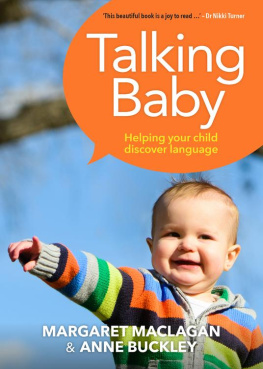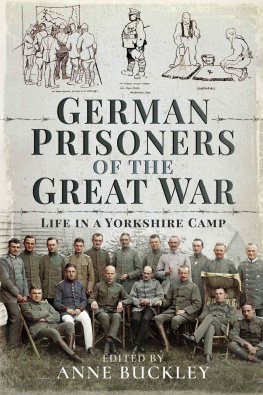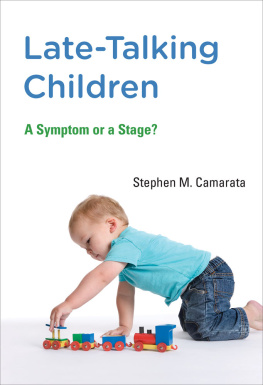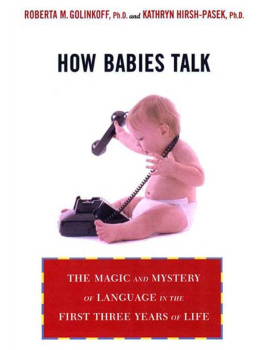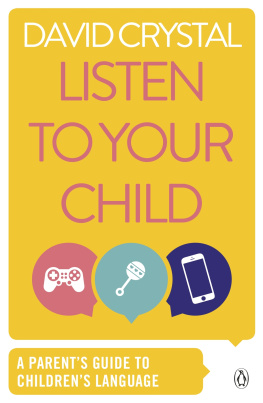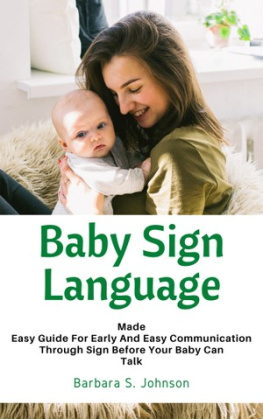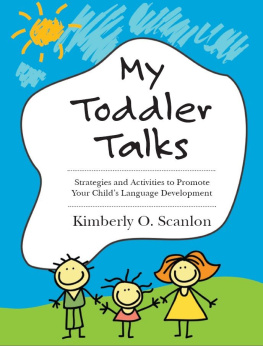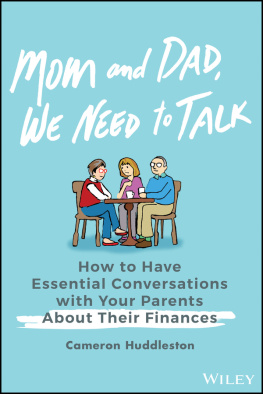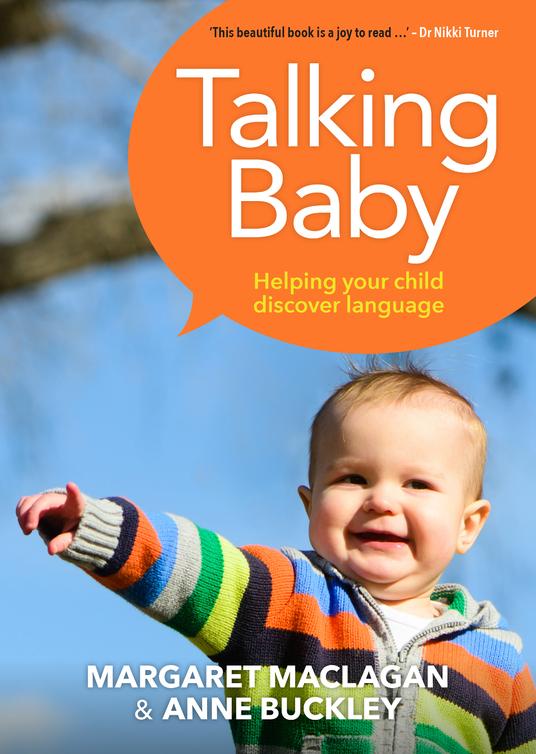Advance praise
Talking Baby is required reading for every parent, grandparent, educator, student or anyone working with children. The book provides great insight into the amazing journey called language development. Very practical with lots of tips for promoting childrens language growth as well as information on the latest research in language development. I highly recommended it.
Elisabeth Duursma, EdD, Senior Lecturer in Early Childhood Literacy, University of Wollongong
As a mum and a linguist, I highly recommend this fabulous new book on how babies learn to talk. The authors provide fun facts and practical suggestions to parents for each developmental stage. An accessible and truly enjoyable read!
Dr Anita Szakay, Lecturer in Linguistics, Macquarie University, Sydney
This is a great new book from experienced academics and researchers Maclagan and Buckley. It offers the reader a detailed yet accessible journey through the origins and subsequent unfolding of child language. The format, which includes key points boxes, is a helpful way of summarising complex information. Readable and informative, it will be picked up by parents and students alike.
Dr Patricia Champion, MBE, Developmental Psychologist and
Director Emeritus The Champion Centre, Christchurch
Although babies are hard-wired to learn language, Margaret Maclagan and Anne Buckley have written a highly readable and informative book. They emphasise from day one the importance to talking to newborns, laughter, simple words, reading and games through to school age. For parents who may be concerned about their childs language there is practical advice about having hearing tested and other professional help. Undoubtedly this delightful book will help parents to understand and nurture their childs natural language development.
Jeremy Hornibrook, Otolaryngologist and Adjunct Professor, Department of Communication Disorders, University of Canterbury
This book is a hugely valuable addition to the literature. It is rare for a book to be so accessible and enjoyable to read, and yet so scientifically accurate and well-informed. Parents will find this a hugely enjoyable read, which encourages them to engage with, and marvel at, their childs acquisition of language. Maclagan and Buckley have provided an invaluable resource for anyone wishing to learn about the fundamentals of language development.
Jennifer Hay, Professor of Linguistics, University of Canterbury, and Director of the New Zealand Institute of Language, Brain and Behaviour
This beautiful book is a joy to read the richness of our young children learning to communicate; how to support them, how to enjoy them!
Dr Nikki Turner, Associate Professor, Department of General Practice and Primary Health Care Director, The Immunisation Advisory Centre, University of Auckland
First published in 2016 by Finch Publishing Pty Limited, Sydney, Australia
This edition published in 2019 by
CANTERBURY UNIVERSITY PRESS
University of Canterbury
Private Bag 4800, Christchurch
NEW ZEALAND
www.canterbury.ac.nz/engage/cup
Copyright 2019 Margaret Maclagan and Anne Buckley
The moral rights of the authors have been asserted.
All images courtesy of iStock.com
Every effort has been made to trace and acknowledge owners of copyright material. If notified of any errors or omissions the publisher will be pleased to rectify them at the earliest opportunity.
ISBN 978-1-98-850316-5 (print)
ISBN 978-1-98-850320-2 (epub)
ISBN 978-1-98-850321-9 (mobi)
A catalogue record for this book is available from the National Library of New Zealand.
This book is copyright. Except for the purpose of fair review, no part may be stored or transmitted in any form or by any means, electronic or mechanical, including recording or storage in any information retrieval system, without permission in writing from the publishers. No reproduction may be made, whether by photocopying or by any other means, unless a licence has been obtained from the publisher or its agent.
Front cover image: iStock.com/WhitneyLewisPhotography
To our mothers, fathers and all the interested adults in our
early lives who helped us to discover our language.
Contents
The baby brain is an incredible learning machine. Its future to a great extent is in our hands.
National Geographic, January 2015 (p. 76)
People used to learn about what is normal in language development by watching older members of their extended families interacting with young children. Now with smaller families, people often learn by reading instead. This book is written primarily for parents, but also for grandparents, for those living or working with young children, and for those who are simply curious about language and the way its learnt. It takes a child-led approach to encouraging language development.
Throughout the book well use they, them and their to refer to your baby or young child to avoid he or she. Well also give ages when language developments usually happen, but all ages are approximate and can vary by at least six months in either direction. Language development is just like motor development: a milestone like running, which usually occurs at about eighteen months, can occur as early as twelve months or as late as 24 months and still be well within the normal developmental range. Similarly first words, which usually appear by about twelve months, can appear anywhere from nine to twenty months.
This book describes in detail language development for English-speaking children. It was written in, but is not restricted to, an Australasian context. Many of the patterns of language vii development described here will also apply to other languages and cultures, especially the development of early sounds and meanings.
Lots of children will learn to speak more than one language through hearing them in their community and in their home and most will do this with ease. We recognise the importance of parents using their first and most fluent language with their children to support language development. We also recognise the value of specific bilingual approaches, such as the teaching of te reo Mori to children in New Zealand because language is a cultural treasure or taonga.
The books we suggest in the various chapters and at the end are well-known childrens books that are readily available in libraries and bookshops theyre meant as examples of useful books you could use rather than a prescription of what you should go out and buy.
How the book is organised
Chapters 1 to 6 describe your babys language development, alongside their physical development, until your baby is about eighteen months old. After this time, language development becomes much more complicated too much is happening for us to be able to keep describing everything developmentally, so the structure of the book changes from Chapter 7 onwards.
If youve ever tried to learn another language youll know how many different things there are to learn. You need to learn the words, the sounds, how the words fit together and all sorts of information about what you should and shouldnt say to particular people. As your baby learns English, theyve got to learn just as much. They have to learn the words and sounds of viii English. They have to learn how to put the words together and they have to learn how to use what theyve learnt. For example, theyll learn that they can talk in one way with their friends but that they need to talk differently with their grandparents.

